Revitalizing the Health of Our Soils
The degradation of soil quality is a growing concern due to overuse of chemical fertilizers, pesticides, and unsustainable farming practices. These harmful substances strip away essential nutrients, leaving soils infertile and unable to sustain healthy crops. The loss of organic matter and microbial life further exacerbates the problem, leading to reduced soil fertility and diminished crop yields. This environmental imbalance impacts food security, ecosystem health, and climate stability. Sustainable practices like regenerative farming, and using natural soil amendments are crucial in restoring soil health, enhancing biodiversity, and ensuring long-term agricultural productivity for future generations.
We focus on all three critical aspects of soil: physical, biological, and chemical. Our expertise spans thermal compost piles, aerated static piles, vermicompost systems, Johnson-Su bioreactors, and large-scale windrows. By utilizing locally available materials such as spent coffee grounds from Starbucks, brewery grains, mushroom substrate blocks, grocery veggie scraps, lawn clippings, fall leaves, and processed manure from dairy or horse farms, we create sustainable, high-quality compost tailored for soil health improvement.
-

Physical
Beneficial bacteria produce glues that help create microaggregates—tiny clusters of bacteria, organic matter, and soil particles like sand, silt, and clay. These microaggregates are further bound together by fungal hyphae, forming larger clusters known as macroaggregates. This process binds materials, creating voids that contribute to the development of a well-structured soil.
-

Biological
This process involves beneficial microorganisms extracting nutrients from both soil organic matter and the 'parent material,' which includes rocks, pebbles, sand particles, silts, and clays. These parent materials are made up of crystalline structures that are resistant to breakdown. Within these structures are essential nutrients like iron, boron, phosphorus, calcium, and potassium. Since plants cannot directly access these nutrients, microorganisms play a vital role in making them available.
-

Chemical
Mineral balancing ensures crops receive essential nutrients for growth, improves soil structure, enhances nutrient uptake efficiency, and prevents deficiencies or toxicities that can limit yields. Proper balance also increases plant resilience to stress and disease.
Our Vision
At Pranic Soil, we blend ancient agricultural wisdom with modern scientific methods. We recognize that human gut microbiome diversity directly impacts health, with chronic diseases often stemming from poor gut health. Since our nutrition depends on what we grow, soil health is fundamental. Our vision is clear: restore soil health to enhance human wellbeing.
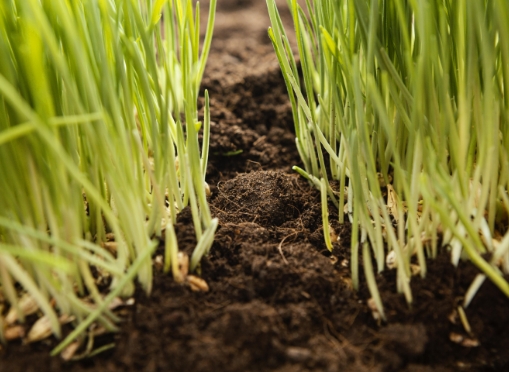
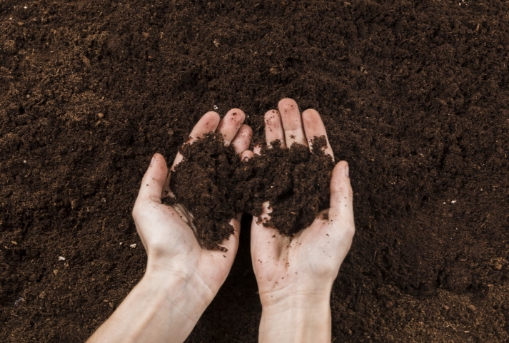
Our Mission
At Pranic Soil, our mission is to rejuvenate the planet’s soils while lowering input costs and boosting farm profitability. Recognizing the toll of overuse, chemical dependence, and environmental challenges on soil health, we champion sustainable practices and creative, cost-effective enrichment techniques. Every farm is unique, so we tailor solutions that consider labor, equipment, and time constraints. We walk in farmers’ shoes, crafting practical strategies that work for them. Because at the end of the day, no farmers mean no food—and we’re here to ensure their success.
Collaborators
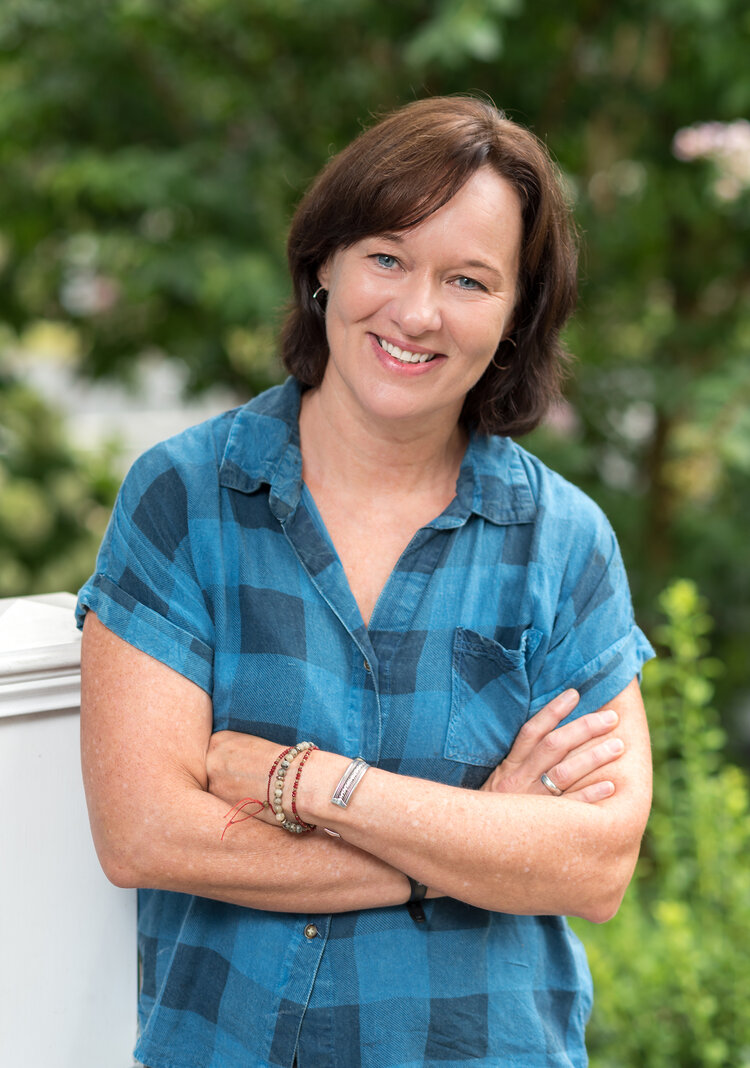
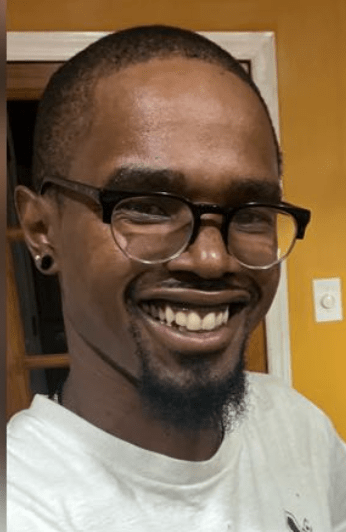
I first met Dujon Blondel at the New Jersey compost Council Conference last year. A new friendship and mutual admiration developed when he visited my home, bringing his own soil amendment samples, microscope, and a laptop. From 10:30 a.m. to 5 p.m., we sat at my kitchen table, immersed in discussions about various inoculum preparation methods while examining their biology. Our conversation also touched on our cultural backgrounds and the exciting possibilities for future collaborations centered around our shared passion for soil health.
Sharonda Allen was the final speaker at the 2023 New Jersey Compost Council Summit, and she completely captivated the audience. I was so impressed that I shared a photo and a short video of her in action on our family WhatsApp group, and my family wholeheartedly agreed—she was amazing.
Her passion for both learning and teaching is genuinely inspiring. During our recent in-person meeting, even with a tight schedule to finalize project details, we still found time to exchange ideas about culture, community, herbs, seeds, and even explore soil life under the microscope—all while successfully completing our original deliverable.
It’s incredible how two people from completely different parts of the world can connect so deeply through a shared love for soil health and sustainable agricultural practices.
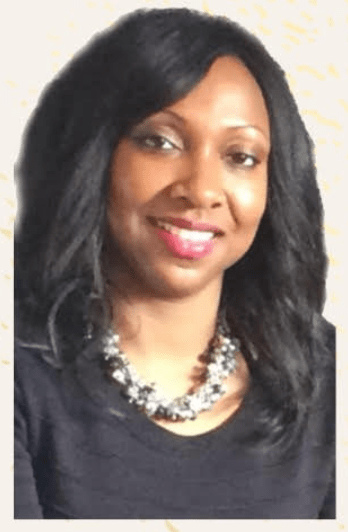
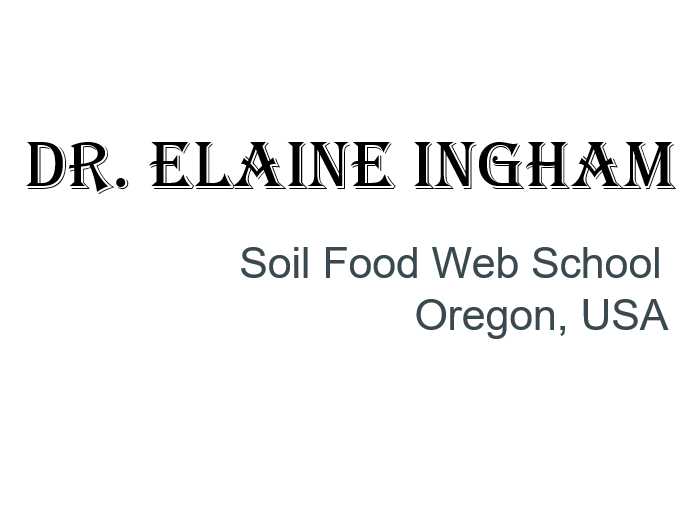
Mentors
I had followed Dr. Elaine Ingham’s work for years before officially becoming her student. By then, I’d been gardening for years and assumed I’d breeze through her course—absolutely not! While I cleared the foundation classes with distinction, the microscopy class truly humbled me and deepened my connection to soil and gut microbes. Consultant training with a mentor has been a whole new adventure. The international community we’ve built has been invaluable for navigating this unique journey. I’m immensely grateful to Dr. Elaine Ingham!
Visit www.soilfoodweb.com for additional information.
Mentors
It took me some time to adjust to Matt Powers’ unique teaching style. On top of that, he packed an incredible amount of information into the Regenerative Soil Microscopy class! Without the support of the 'Master Mind' calls, I would have really struggled. One of the best things he offers is lifelong access to the course, which is an invaluable resource and something not many others provide. Now, I absolutely love and enjoy his classes—and his contagious laughter!
Visit https://www.thepermaculturestudent.com/ for additional information.
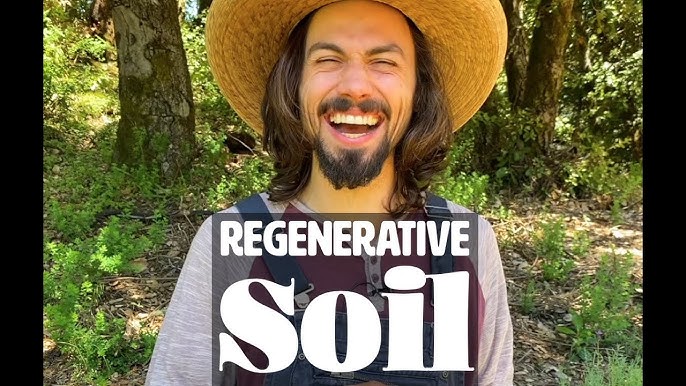
Our Declaration
We commit to restoring soil quality and promoting sustainable practices for a healthier ecosystem. By acknowledging the challenges, we aim to enhance the vitality of our soils and support future generations.
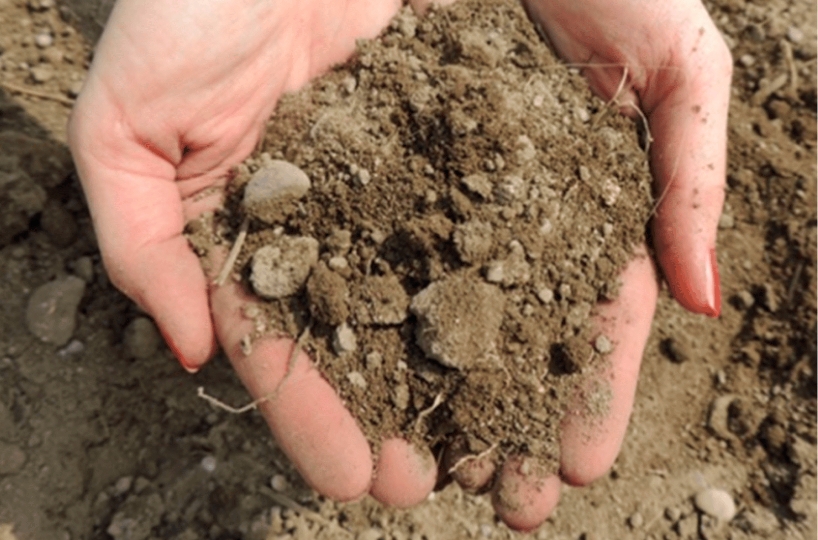
- Increase soil organic matter
- Maintain mineral balance in the soil
- Promote biodiversity to enrich soil ecosystems.
- Minimum tillage followed by seeding or transplanting
- Always cover soil with organic matter or cover crop
- Maintain diverse crops to control posts and deseases
- Measure and report progress towards soil revitalization goals.
Why your soil matters
We are fundamentally connected to soil - our bodies are formed from its elements and return to it. Like the human microbiome, soil diversity directly impacts plant and human health through nutrient cycling and biological processes.
Meet the Founder & Owner
-
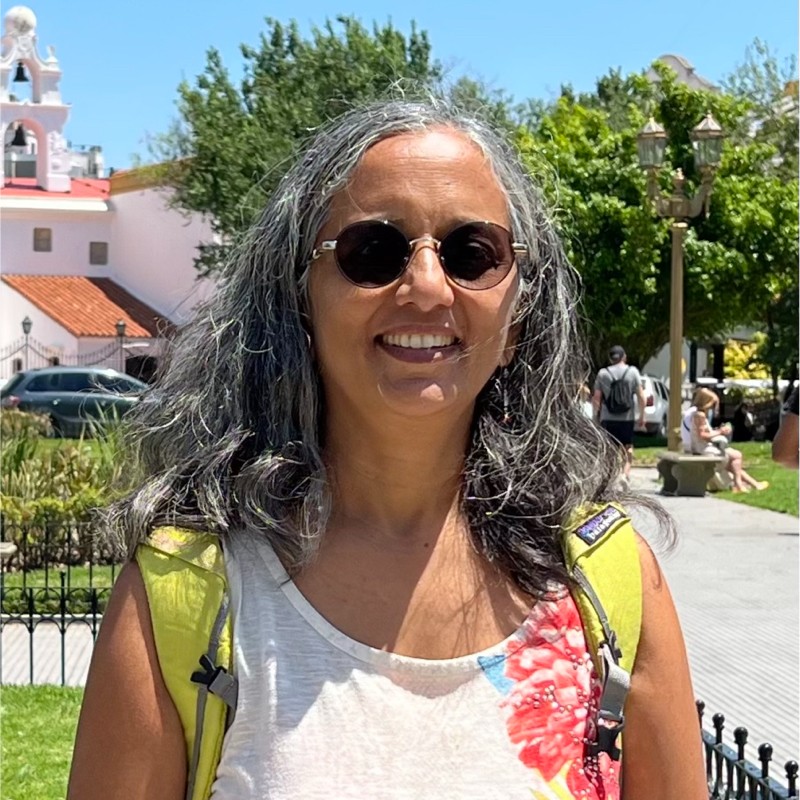
-
My love for plants began when I became my grandmother’s little apprentice at the age of 3. We tended a small garden filled with flowers, vegetables, and a few tropical fruit trees. Some of my most vivid and cherished memories are of climbing those trees with friends. At home, we kept cows and chickens, and composting felt as natural as breathing. Practices like keeping the soil covered and layered farming were simply a way of life.
Our family relied on the income from cultivating rice on our 15-acre land, but irrigation from the canal wasn’t always reliable. My father had to borrow money to install a borewell, and yet, the motor often broke down at critical times, affecting our harvest. I still remember the sight of that damaged motor being brought home to be taken for repair. My mother would pray over it as if it were a sacred idol, and though I didn’t understand her sadness then, those moments left a deep impression. She often warned me, “If you don’t study hard, you’ll end up doing dishes your whole life,” and told my brother he would have to care for the cattle. My parents were determined that we wouldn’t follow in their farming footsteps, a message they drilled into us.
We eventually moved to a nearby town for better schooling, then to a larger city for higher education, and finally to the U.S. in pursuit of greater opportunities. Despite all these transitions, we always had a few plants in containers, keeping us connected to our roots.
When we bought a house on a ¾-acre lot in New Jersey, we immediately returned to gardening. Each year, I expanded the garden, with my whole family pitching in. My daughter would help design the space and work with the seeds, while my son wandered about, rescuing earthworms to place in the compost, often telling me I was disturbing them with my gardening efforts.
The past 20 years, I have practiced various ways of soil nourishment with all the local ingredients that otherwise would end in landfill. The real life regenerative practices, bountiful production of 35+ varieties that include fruits, vegetables, flowers, herbs, tropicals, perennials, etc. lead me closer to living my dream and take the next steps.
I put myself through the Master Gardener program at Rutgers University’s cooperative extension to learn local practices. I studied hybrids, tissue culture, GMO crops, and even took a course on CRISPR gene editing from Harvard University. After reading countless books and listening to many podcasts, I chose to dive deeper into soil health and joined Dr. Elaine Ingham’s Soil Food Web school. I’m now a certified lab technician through the program and currently undergoing their consultant training.
I’ve since left my IT career behind. Today, I manage a 2.5-acre guava plantation in India, a half-acre flower and vegetable garden at home, and I’m building my own business as a soil consultant!


